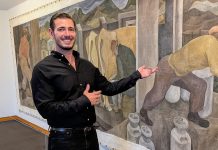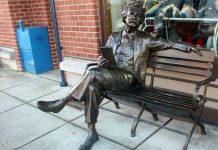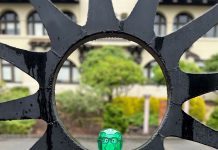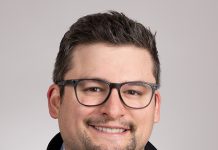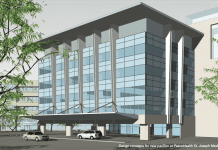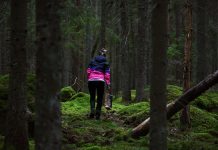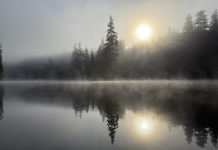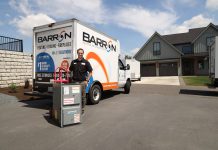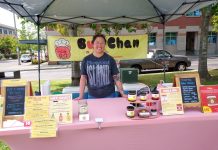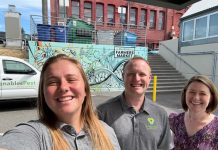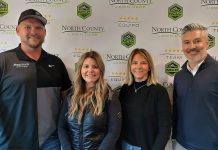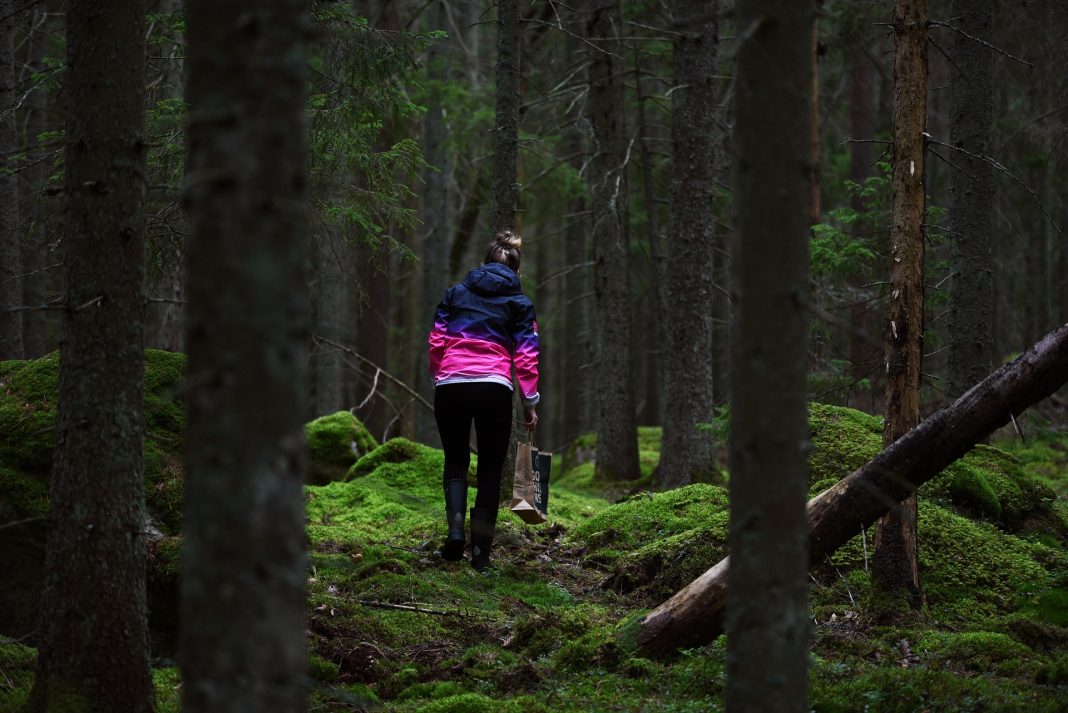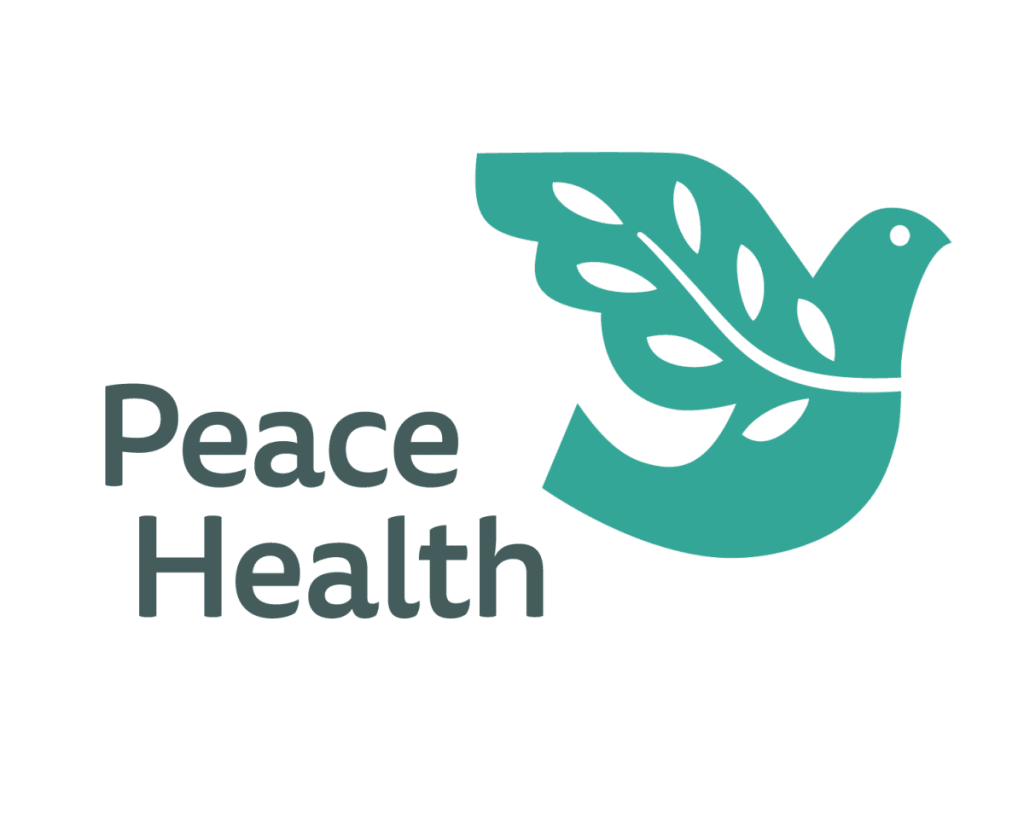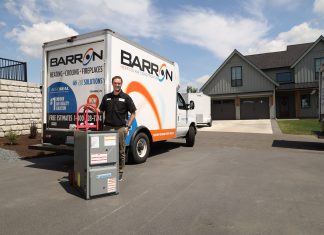Foraging in Whatcom County can be a unique chance to explore forests, trails, and coastal ecosystems teeming with mushrooms and more. While many approach foraging as a way to fill their baskets, for one local expert, the practice is more about observation, appreciation and respect for the natural world than it is about harvesting. Scientific Advisor for the Northwest Mushroomers Association in Bellingham, Dr. Fred Rhoades, recently answered some of our questions to help provide some advice and helpful information to those making their first foray into mushrooming.
First, is it Edible?
“I’m not really a forager,” says Rhoades. “As far as mushrooms are concerned, I am mostly interested in seeing what is ‘fruiting’ and enjoying the diversity of mushrooms I see. If I see something I know to be a good edible, I’ll collect a bit for the table. But I don’t over collect or spend all my time with the edibles.”
According to an article Dr. Rhoades wrote for Whatcom Watch, a common inquiry about foraging and mushrooms begins with edibility. Rhoades notes that it is a bit of a loaded question that is not straightforward enough to have an effective answer across the board in the world of local fungi.
Instead, Rhoades approaches it with curiosity and admiration rather than a focus on gathering. He views it as a way of engaging with the land with restraint and observation. In fact, Dr. Rhoades finds a memorable experience in nearly every mushrooming excursion he’s ventured on in Whatcom County.
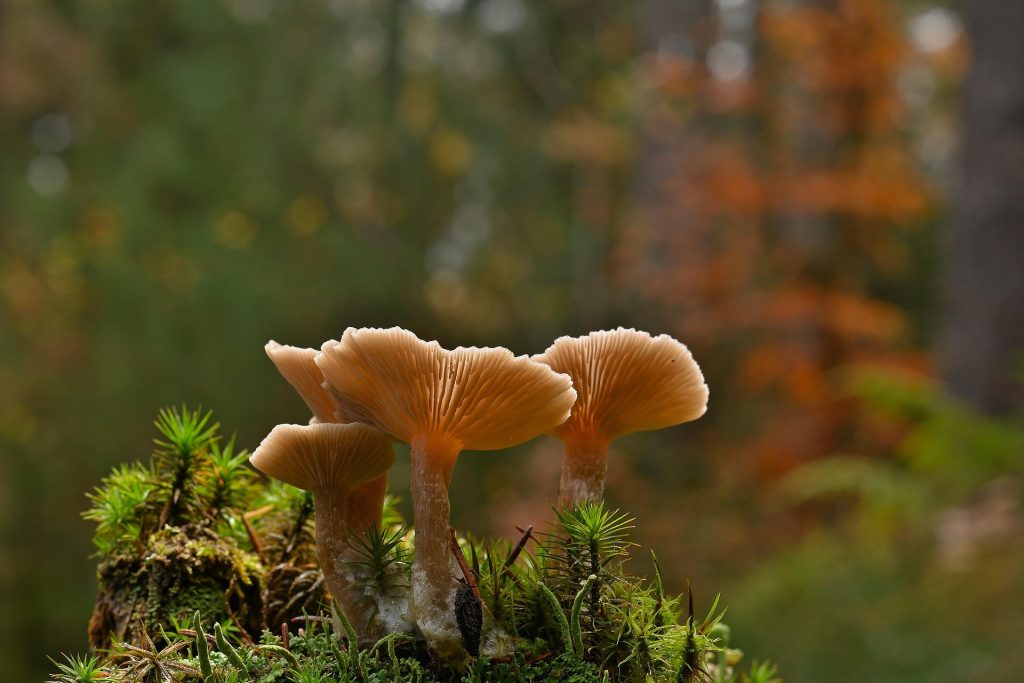
Climate and Growth Seasons in Whatcom County
To better understand the growth patterns of fungi – edible or otherwise – it is crucial to keep the ever-changing climate and the temperature of the region in mind. “In our area, the main mushroom season is September to early November,” says Rhoades. “A few good edibles can be found throughout the year, however, depending on where and when you look.”
According to his article in Whatcom Watch, Dr. Rhoades also mentions the emergence of Morels in mid to late spring. However, he notes they are not the tastiest of the morel species.
Safety First When Foraging
Before you even dream of eating plants or fungi you find in the area, or even touching them with bare skin, let Darwin smile upon you and use your common sense. Dr. Rhoades stresses that foraging for edible mushrooms is a practice that is best done with heavy influence from reliable experts. He suggests using guides like “Fruits of the Forest: A Field Guide to Pacific Northwest Edible Mushrooms” by Daniel Winkler to prevent accidental poisoning. In fact, it is incredibly crucial to join a local group led by knowledgeable and accredited individuals before you start chowing down on forest floor finds.
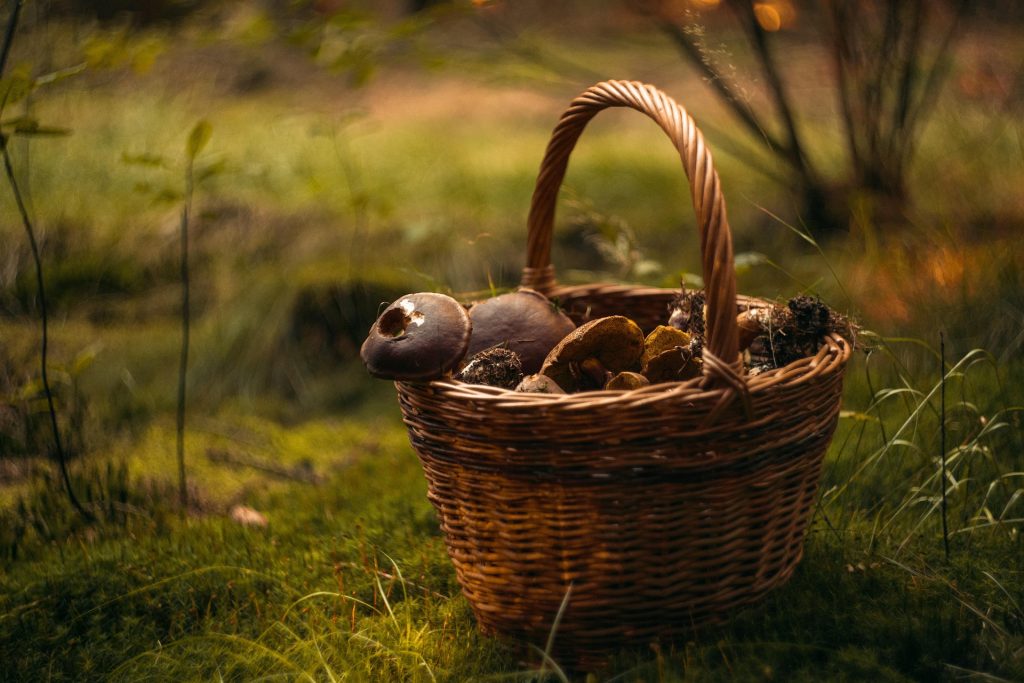
Practicing Ethical Foraging
The foraging community in Whatcom County, much like elsewhere in the Pacific Northwest, has been shifting in recent years. “Generally, there seems to be more and more interest, particularly as better and better resources have become available,” says Rhoades.
From field guides to local groups, new foragers are finding more ways to get started and connect. With great interest comes great responsibility and respect, tenets Dr. Rhoades lives by when it comes to exploring and foraging in Whatcom.
“On private property, always ask for and get permission; when collecting wild edible mushrooms, I say don’t collect more than a third of what is there,” he says. “Mushrooms ‘fruit’ from a body (mycelium) that is often perennial (there from year to year), and really, you can’t deplete the organism by collecting the mushrooms. But one needs to leave some mushrooms for their own functions and for others to enjoy looking at.”
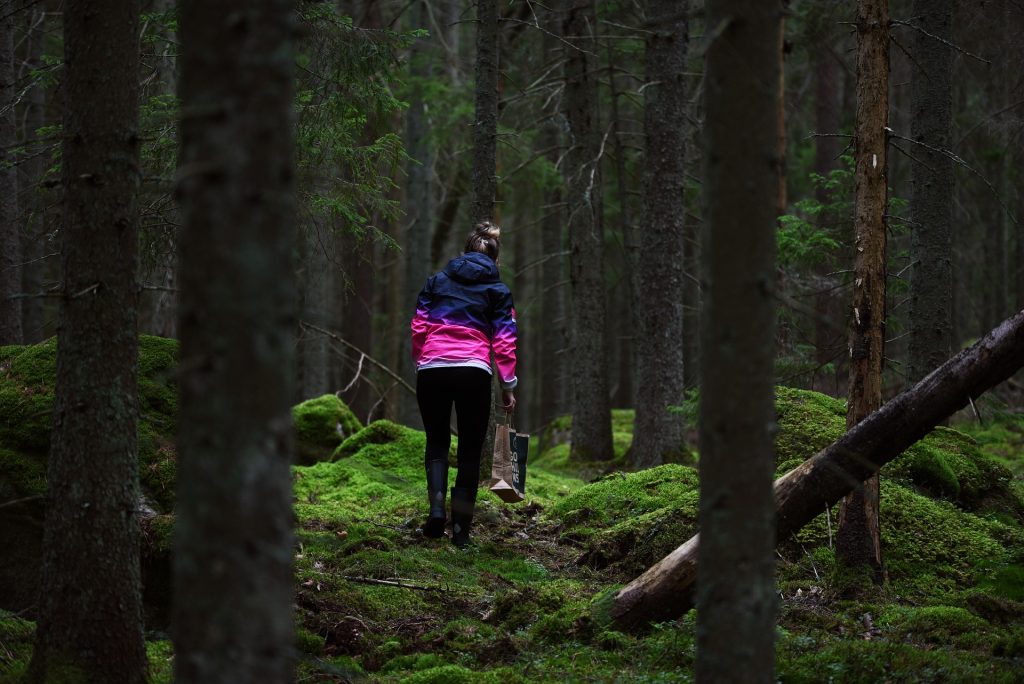
Getting Started on Your Own Mushrooming Journey
For those curious enough to forge ahead, the advice from Dr. Rhoades is simple. “Join the Washington Native Plant Society or the Northwest Mushroomers Association,” he says. “These groups have forays for their members and occasionally walks or classes for the public.”
Don’t miss the opportunity for learning in the field alongside people who know the land and its many species well.
When it comes to the future of foraging in Whatcom County, Dr. Rhoades once again feels it is essential to proceed with caution and respect to the land as well as science. “Learn how to identify mushrooms in general so you can recognize the features of the good things and avoid eating the bad things,” he says. “Collect with knowledgeable foragers and don’t over collect.”

